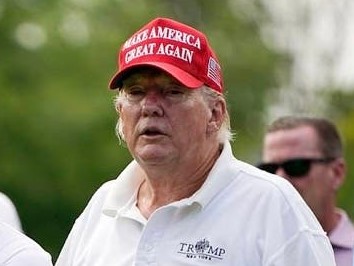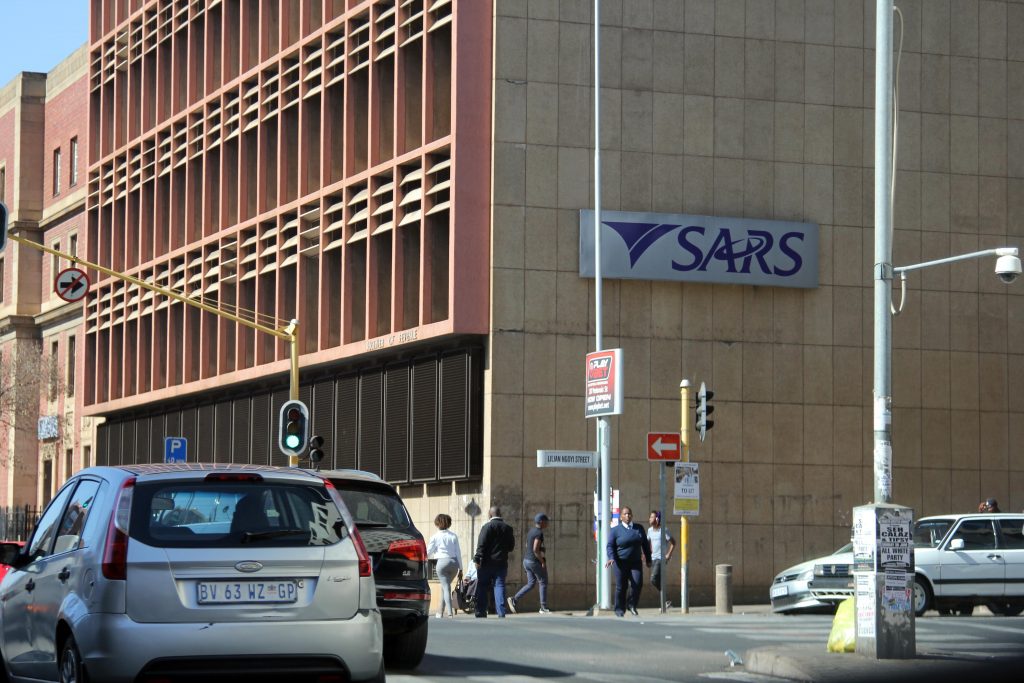
In the midst of our chaotic times, there is a striking absence of consensus on an international scale; yet one widely recognized point is that the post-World War II rules-based global order has reached its conclusion.
This downfall can largely be credited to Donald Trump, albeit it was already on a perilous downward trajectory.
The relevance of the Bretton Woods institutions—the IMF and the World Bank—is increasingly being scrutinized, NATO appears to be struggling for vitality, and the WTO has long lost its capacity to effectively mediate trade disputes.
Trump’s ability to erode international trust has been astonishing and poses a threat of disorder and economic distress for all parties involved.
Nonetheless, this highlights the urgent need for a global dialogue led by the EU to confront this emerging void.
While the U.S. should not be excluded from these discussions, it is apparent that it is unable to take the lead, and the same holds true for China.
Despite its flaws, the European Union holds the credibility required to serve as a mediator capable of navigating conflicting interests.
One might consider Trump’s abandonment of long-standing international commitments a temporary anomaly.
However, it represents significant shifts in U.S. perceptions of its role in the world arena.
For America’s allies, this scenario underscores the dangers of relying on unpredictable and tumultuous U.S. political dynamics to yield favorable administrations.
Europe is still navigating the consequences of Trump’s re-emergence, yet the EU is uniquely positioned to facilitate a global re-evaluation of the existing architecture around the Bretton Woods institutions and the UN.
This does not call for their elimination; instead, it entails adapting them to fit a rapidly changing world, where the influential G-7 nations constitute only a diminishing slice of the global population.
The European Union has its weaknesses, but it carries weight as a negotiator capable of balancing competing pressures.
The EU can engage with China and other emerging powers in ways that a U.S. adhering to an “America First” doctrine cannot.
What elements should a reform agenda for the global rulebook include?
Clear proposals are needed from rising superpowers challenging the decision-making frameworks within the IMF and the World Bank.
China has a mere 6 percent of the voting power, while the U.S. holds 16.5 percent, enabling it to veto any proposed decisions.
A thorough reform is long overdue, as is the restructuring of many UN agencies.
Wealthy nations, including the U.S., dominate trade, developmental aid, and climate policies, creating significant resentment among emerging superpowers like China,
India, Brazil, Indonesia, and several other rising giants.
The representation and financial structures within the IMF, World Bank, UN agencies, the WTO, and WHO—including their headquarters—must be part of transparent discussions aimed at recalibrating international decision-making and adjusting the conditions that perpetuate economic advantages.
It is challenging to envision how such discussions might commence in today’s charged environment.
China promotes a ‘multi-polar world’ but lacks the necessary cultural and political openness for effective leadership.
Moreover, Russia’s participation in BRICS hinders this emerging bloc from making substantial contributions.
This positions the EU as the most credible actor.
Donald Trump has inadvertently unleashed a Pandora’s Box that U.S. policymakers have long sought to keep locked.
Engaging the U.S. in a discussion about a new rulebook will not be an easy task due to its considerable geopolitical influence.
However, Trump is withdrawing from international commitments he views as exploitative of America.
He seems intent on diminishing the significance of the ‘almighty dollar’ to boost export competitiveness, while ignoring the substantial risks involved.
Though U.S. debt has soared to $36 trillion, it remains largely manageable owing to foreign investments in treasury bonds.
A declining dollar would reduce returns for investors and pave the way for the euro to rise as a more competitive global reserve currency.
Trump’s focus is on revitalizing U.S. manufacturing, yet America’s strength lies more in its multinational corporations, particularly those in the digital and internet sectors.
Regulating these entities in the age of AI is a pressing concern that provides leverage for competing nations.
Furthermore, U.S. dominance in financial markets and monetary policy could be jeopardized if investors grow wary of Trump’s excesses.
So, how could a global dialogue be initiated?
It is unlikely that governments in Europe or beyond will wish to officially commence discussions, but they may support efforts for a revised and strengthened international rule of law.
Think tanks, NGOs, and policy advisors could initiate an informal global dialogue as a preliminary step.
Once discussion parameters are established, a more organized framework could eventually emerge.
Currently, with conflicts in Ukraine and between Israel and Palestine still unresolved, the likelihood of a new rules-based international framework seems dim.
Nonetheless, Donald Trump has inadvertently opened a Pandora’s Box that U.S. policymakers have long aimed to keep shut.
Redefining the global rulebook will require concessions from wealthier nations and is likely inevitable at some point.
Thanks to Trump, this reform is likely to take place sooner rather than later.
*The opinions expressed in this Frankly Speaking op-ed are solely those of the author and do not represent Friends of Europe.
*This article first appeared on the Friends of Europe website and is reproduced with kind permission.
*The views expressed by the author of this article, Giles Merritt, do not necessarily reflect those of The Bulrushes






